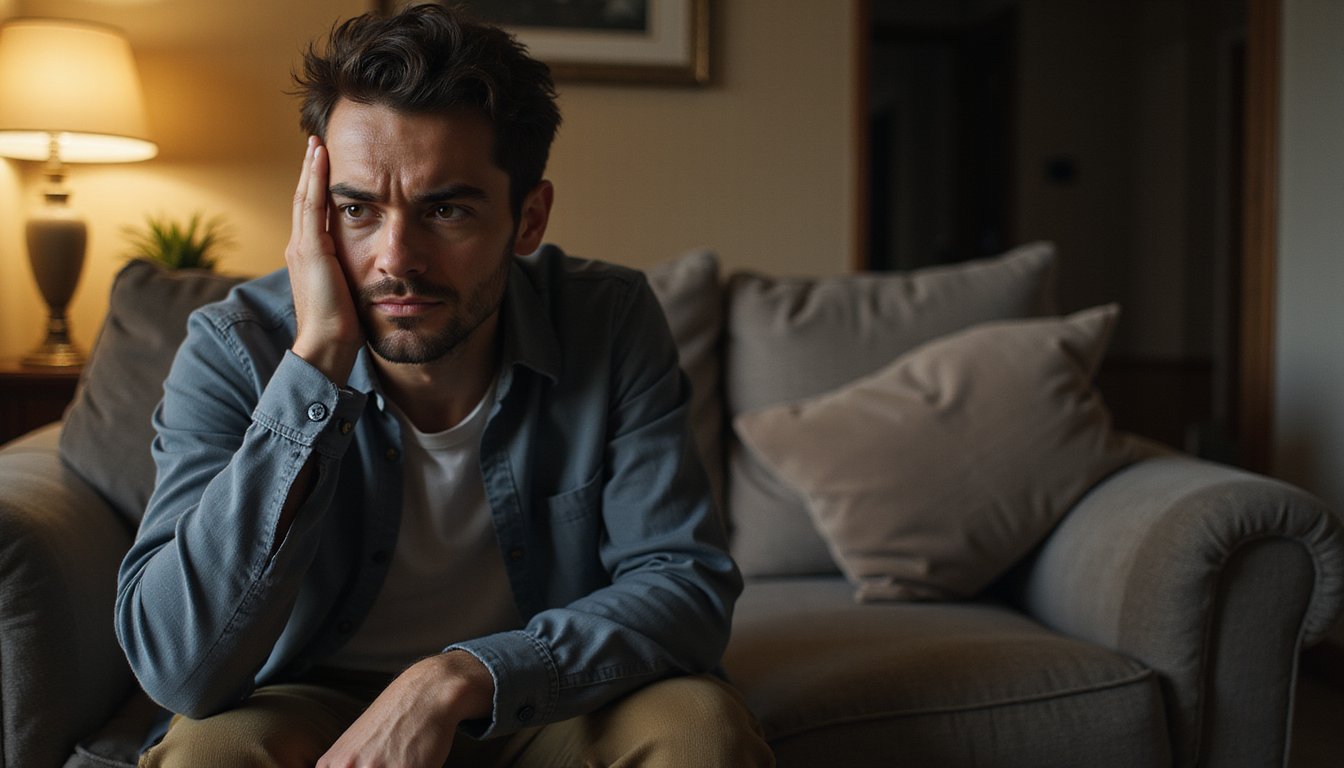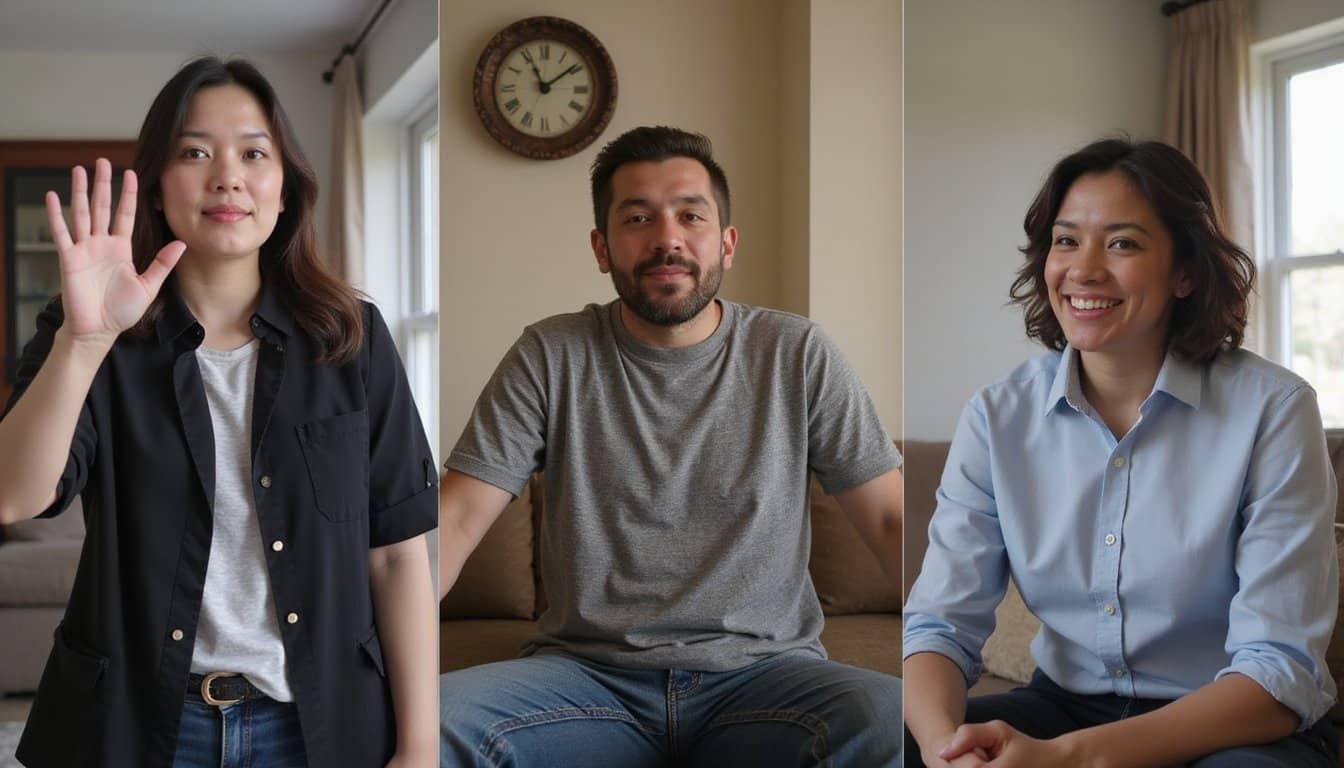Modern holistic addiction treatment combines evidence-based therapies with advanced technology and mind-body practices to support your recovery path. You’ll receive personalized care that integrates traditional counseling, AI-driven monitoring, and alternative therapies like meditation and yoga. Your treatment plan adapts to your specific needs through real-time data analysis and medical oversight. By addressing physical, mental, and spiritual aspects simultaneously, this thorough approach creates a sustainable foundation for lasting transformation that you can investigate further.
The Evolution of Mind-Body-Spirit Integration

As addiction treatment has evolved beyond traditional models, the integration of mind-body-spirit approaches has emerged as a cornerstone of modern recovery programs.
You’ll find that today’s holistic treatments combine evidence-based therapies like DBT with mindfulness practices, creating a thorough healing framework that addresses both physical and psychological dependencies. Studies show that incorporating trauma-informed care has significantly improved treatment outcomes for individuals with unresolved trauma.
These integrated approaches recognize that emotional healing requires multiple therapeutic touchpoints. Treatment programs emphasize the role of stress management in preventing relapse.
Lasting recovery emerges from a tapestry of healing modalities, each therapeutic touchpoint contributing to emotional wholeness and sustained wellness.
You’re now able to access personalized treatment plans that combine traditional counseling with alternative therapies like meditation, yoga, and acupuncture.
This evolution in care means you’ll work with practitioners who understand how physical wellness directly impacts your mental recovery.
Through supervised medical treatment paired with holistic interventions, you’ll develop sustainable coping strategies that target the root causes of addiction while building long-term resilience. Recovery programs now emphasize proper nutrition and sleep as fundamental components of the healing journey.
Next-Generation Technology in Recovery Programs

While traditional recovery programs remain foundational, next-generation technology has revolutionized addiction treatment through AI-driven personalization and real-time monitoring. Programs like those at Massachusetts General Hospital employ evidence-based therapies tailored to each patient’s specific needs.
You’ll now find AI algorithms analyzing your behavioral patterns and physiological responses to customize treatment plans in real-time. Wearable devices track essential signs and stress indicators, immediately alerting your care team during high-risk situations. This technology helps prevent negative impact on relationships by maintaining consistent support and connection with treatment providers. Mobile apps and online platforms deliver continuous recovery support through automated check-ins and daily reminders.
Telehealth advancements have transformed access to care, offering 24/7 virtual support and hybrid treatment models that combine remote and in-person sessions.
You can engage with gamification techniques through recovery apps that reward progress and maintain motivation. VR exposure therapy allows you to practice coping skills in controlled environments, while integrated digital platforms facilitate seamless communication between your devices, healthcare providers, and support network.
Personalized Healing Pathways and Treatment Plans

Modern addiction treatment recognizes that each person’s path to recovery requires a distinct customized approach based on detailed clinical assessments. Your personalized assessments will evaluate medical history, mental health status, trauma experiences, and social environment to create a thorough treatment strategy. Physical and emotional wellness work together during recovery to enhance treatment outcomes.
Through individualized therapies, you’ll receive targeted interventions that address both addiction and co-occurring mental health conditions. Your treatment plan adapts dynamically as you progress, incorporating family involvement, trauma-informed care, and evidence-based behavioral therapies. The integration of mindfulness-based interventions helps strengthen mental resilience throughout your recovery journey. Comprehensive treatment programs utilize alternative healing methods like yoga, massage, and acupuncture to support complete recovery.
You’ll work with specialists who monitor your progress and adjust therapeutic approaches based on your response and evolving needs. This flexible framework guarantees you’re receiving the most effective combination of treatments while developing sustainable recovery skills that align with your personal goals and circumstances.
Building Sustainable Recovery Through Multiple Modalities
Sustainable recovery emerges through the strategic integration of multiple evidence-based treatment modalities. By combining MAT with integrated therapies like CBT, DBT, and mindfulness practices, you’ll address both physical dependencies and underlying psychological patterns. Animal therapy programs provide emotional companionship during challenging phases of recovery. Focusing on a whole person approach ensures comprehensive healing of both mind and body simultaneously.
These holistic approaches create a thorough healing framework that targets multiple aspects of addiction simultaneously. AI-driven technology enhances personalized recovery plans through real-time monitoring and adaptations.
You’ll benefit from clinically validated techniques that blend traditional medical interventions with alternative practices. Acupuncture alleviates withdrawal symptoms while nutritional therapy repairs metabolic damage.
Exercise programs and yoga improve physical health while fostering mental clarity. Environmental modifications and stress management workshops provide practical tools for maintaining sobriety.
This multi-modal approach guarantees you’re building recovery capital across physical, mental, and social domains, greatly improving your long-term recovery outcomes.
Creating Effective Support Systems for Long-Term Success
Establishing strong support systems remains critical for maintaining long-term recovery success in 2025’s integrated treatment environment.
You’ll find extensive support networks that combine technology-driven monitoring with personalized care teams and community resources. Modern treatment programs utilize real-time data analytics and multi-disciplinary approaches to create sustainable recovery frameworks. Research shows investing in these comprehensive systems yields a £4 return for every £1 spent on effective addiction treatment. With board-certified physicians leading treatment teams, patients receive the highest standard of medical care and oversight. The integration of mindfulness practices and meditation enhances emotional resilience while promoting overall wellness throughout the recovery journey.
Today’s recovery programs blend digital innovation with human connection, creating powerful support systems that adapt to individual healing journeys.
- AI-powered platforms track your progress while connecting you directly with healthcare providers through telehealth services.
- Peer recovery networks match you with program alumni who understand your path and provide authentic mentorship.
- Family involvement programs strengthen your personal support system through targeted education and counseling.
- Community partnerships facilitate job training and social reintegration, helping you rebuild professional and personal connections.
These interconnected support systems guarantee you’re never steering through recovery alone, with resources available 24/7 through mobile platforms and in-person services.
Frequently Asked Questions
How Do Insurance Companies Determine Coverage for Holistic Addiction Treatment Programs?
Insurance companies evaluate your holistic addiction treatment coverage based on specific criteria, including medical necessity, provider credentials, and evidence-based outcomes.
You’ll need to guarantee your chosen facility meets network participation requirements and holds proper certifications.
Your insurer’s reimbursement processes depend on whether services are in-network and comply with mental health parity laws.
They’ll also consider if treatments align with established clinical standards and SAMHSA guidelines.
What Qualifications Should I Look for in Holistic Treatment Practitioners?
When selecting holistic treatment practitioners, you’ll want to verify their certification standards and clinical experience.
Look for providers with NCAC, LADC, or MAC credentials, which demonstrate extensive training in addiction treatment.
Make sure they’ve at least 6,000 supervised clinical hours and specialized certifications in holistic modalities.
Check for practitioners who maintain current continuing education requirements and have documented experience in trauma-informed care and dual diagnosis treatment approaches.
How Long Does a Typical Holistic Addiction Treatment Program Last?
While there’s no one-size-fits-all duration, typical holistic addiction treatment programs range from 30 to 90 days for core programming, with options extending up to 24 months.
Your specific timeline will depend on different duration factors, including severity of addiction, detox needs, and treatment goals.
Programs offer treatment flexibility to accommodate your progress, insurance coverage, and life obligations.
Many practitioners recommend at least 90 days for ideal outcomes in holistic recovery.
Are Holistic Treatments More Expensive Than Traditional Rehabilitation Programs?
Yes, holistic addiction treatments typically cost more than traditional rehabilitation programs due to their all-encompassing approach and supplementary therapeutic services.
When comparing costs, you’ll find holistic programs often range from $20,000-$60,000 per month, while traditional rehab averages $6,000-$30,000.
However, treatment accessibility has improved as more insurance providers now cover portions of holistic care, and many facilities offer sliding scale payments to help manage these higher costs.
Can Holistic Treatments Be Effective Without Combining Them With Conventional Methods?
Yes, holistic treatments can be effective on their own for certain individuals, particularly those with mild to moderate addiction issues.
You’ll find that Mindfulness-Based Cognitive Therapy alone has shown a 50% reduction in relapse rates for some populations.
However, treatment efficacy varies by person, and while integrative approaches often yield the best results, standalone holistic methods can successfully address both physical and psychological aspects of addiction when properly customized to your specific needs.






